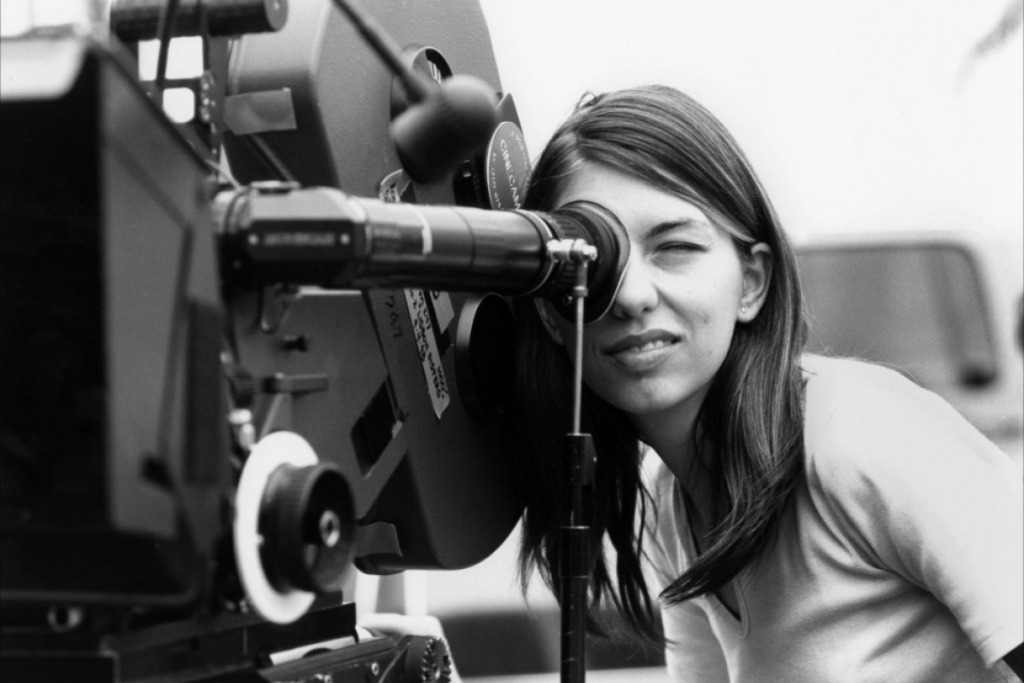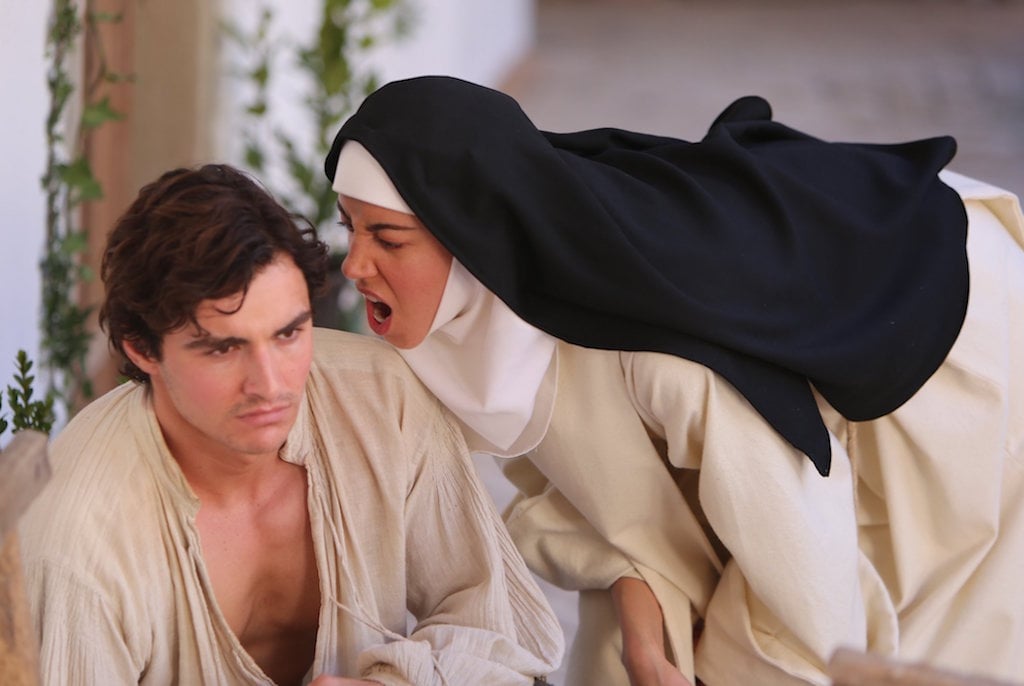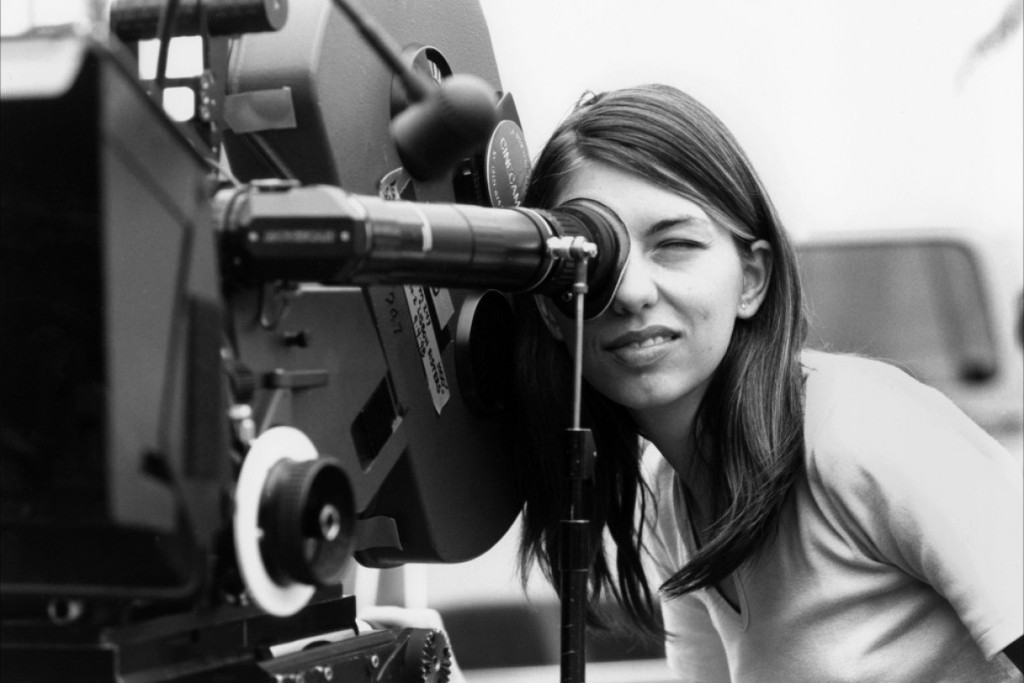‘The Beguiled’ Is Sofia Coppola’s Most Entertaining (And Frustrating) Movie Yet
"It’s disappointing to see Coppola drop the ball here — especially because she does so much else right."
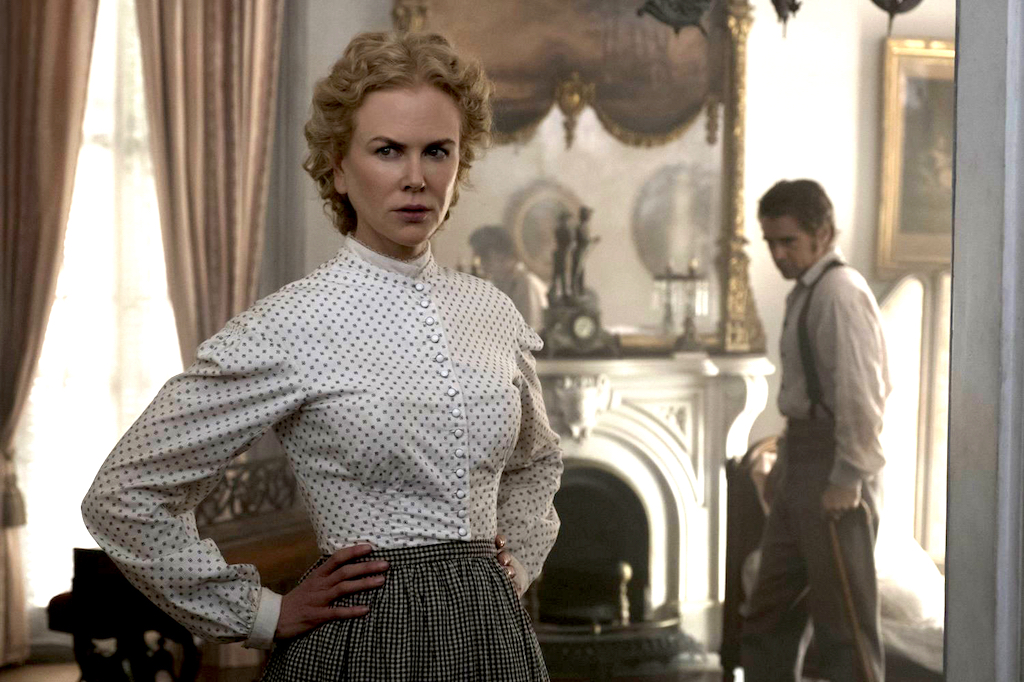
This review is from our coverage of the Sydney Film Festival 2017. Read more here.
–
The Beguiled hit the Sydney Film Festival on a tidal wave of hype. A claustrophobic psychosexual thriller set at the tail end of the American Civil War, the film had its world premiere at Cannes back in May, where it received a standing ovation and saw writer-director Sofia Coppola take home the gong for her direction (making her just the second woman in seven decades to do so).
It also received strong write-ups from critics, with Robbie Collin from The Telegraph memorably labelling it a “witheringly elegant fuckboy takedown”. If Film Twitter has ever produced a better four-word review, I am yet to read it.
The good news is that the buzz is well and truly justified. The Beguiled isn’t necessarily Coppola’s best film — when your filmography also includes The Virgin Suicides and Lost in Translation, the bar is pretty damn high. And yet, with deliciously pulpy sensibilities, a surprisingly wicked sense of humour, and a cast stacked with talented women at the tops of their game, it might just be her most squirmingly entertaining.
A Fox in the Hen House
With a resume full of films that examine (and often subvert) the notion and symbolic allure of “innocent” women, it’s little wonder that Coppola was attracted to a story such as this one.
A punchier and decidedly more pointed remake of a 1971 Clint Eastwood vehicle (which was itself adapted by director Don Siegel from Thomas P. Cullinan’s novel of the same name), The Beguiled takes place in Virginia in 1864, at the Miss Martha Farnsworth Seminary for Young Ladies. It’s there, under the supervision of the school’s headmistress and namesake (Nicole Kidman) that a small group of students practice their embroidery and take instruction in French grammar as the sound of gunfire creeps ever closer. It’s a delicate ecosystem built on the comforting façade of feminine virtue and Southern hospitality; an ecosystem that Coppola takes great pleasure in disrupting.
The disruption comes in the form of a man; a wounded Yankee corporal named John McBurney (Colin Farrell) that one of the girls finds lying in the woods. After a brief debate, Miss Martha decides to let him stay until he recuperates. After all, he may be the enemy, but it’s the Christian thing to do.
McBurney, for his part, can hardly believe his luck. One minute he’s fleeing the battlefield with a leg full of shrapnel, the next minute he’s being tended to by a house full of women. The silver-tongued soldier does everything he can to ingratiate himself and take advantage of the situation, charming the students while whispering sweet nothings into the ear of the school’s sole remaining teacher, the desperately lonely Edwina (Kirsten Dunst). The expression “a fox in the henhouse” has rarely felt so apt.
Of course, it’s only a matter of time before the fox discovers that he’s not the only one with teeth. Part of the thrill of The Beguiled comes in waiting for the inevitable moment when McBurney’s bad behaviour catches up with him. As for what happens when it does… well, that would be telling. And telling would spoil all the fun.
Pretty Pictures and Bodice-Rippers
One thing I can tell you is that, on the aesthetic front, The Beguiled is close to flawless. Captured on celluloid by Oscar nominated cinematographer Philippe Le Sourd, there’s barely a shot in this film that would look out of place framed and mounted on a wall.
Morning sunshine cuts through mist and dusty lace curtains alike, while at night Miss Martha’s parlour is bathed in the soft glow of candlelight. The costuming and production design is similarly immaculate, with faded gowns and antique furniture evoking not just a time and place, but a sense of suffocating repression. Admittedly, the film’s stunning appearance should hardly come as a surprise — Coppola’s dreamlike visuals have been captivating audiences for years.
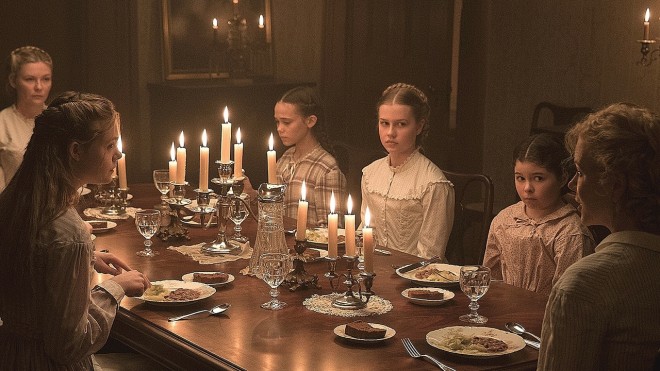
Yet the film’s beautifully spun veneer belies a narrative that is far less high-minded. Arthouses be damned: The Beguiled is a genre flick through and through — a twisting, titillating tale of sex, jealousy and revenge. Beneath crystal chandeliers, Coppola crafts an atmosphere fraught with mouth-watering, heart-fluttering tension. Rivalries fester, bodices rip, and at one point a tiny turtle is thrown across a room (I swear, that is not a metaphor). And all the while, the threat of violence hangs over the film like Spanish moss from the Virginia trees.
Is it trashy? Absolutely. It’s also one of the most gripping films I’ve seen so far this year.
The other thing that deserves a mention is how funny the movie is. The Beguiled frequently plays less like a thriller and more like a very dark bedroom farce, one in which much of the humour comes from the increasingly fractious dynamic between the female characters as they compete for McBurney’s attention.
In one especially memorable scene, half the house attempts to claim credit for a piece of pie the corporal is eating. Meanwhile, the coquettish Alicia (Elle Fanning) opts for a more direct approach. Still, it’s not until the final few minutes that the film delivers its biggest punchline — although by that point, the joke is on someone else.
The Race Problem
As Wonder Woman continues to shatter box office records, it’s clear that filmgoers are hungry for female-driven narratives. The Beguiled, which hits Australian cinemas in mid-July, has plenty to offer in this department, and will play particularly well with audiences who enjoy stories about manipulative men being fed their just desserts. Spoilers to any MRAs who happen to be reading: you are going to absolutely despise this movie.
Coppola’s movies aren’t just about women, but women who are well-off and white.
That being said, it’s hard to champion The Beguiled as a feminist film given the way it depicts women of colour — which is to say, it doesn’t. For all the glowing notices that the movie has received, it has also been heavily criticised for failing to acknowledge the horrors of slavery. Hallie, a black woman who featured prominently in the Siegel/Eastwood version, is nowhere to be found in Coppola’s update.
The writer-director has defended her decision to remove the character, telling BuzzFeed that “young girls watch my films and this was not the depiction of an African-American character I would want to show them.” Sorry, but that’s a cop-out, particularly in the context of Coppola’s career.
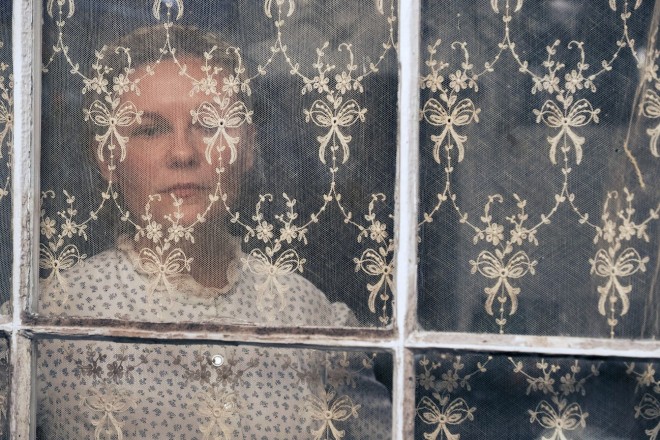
From The Virgin Suicides to Marie Antoinette to The Bling Ring and now The Beguiled, Coppola’s movies aren’t just about women, but women who are well-off and white. Some of her films interrogate that privilege more than others; almost all of them interrogate it more than this one.
Here, the absence of black characters is especially infuriating not just because of when the film is set, but because of what it is ultimately about: power. The power to seduce. The power to revolt. The dynamics between those who have power and those who do not. It’s disappointing to see Coppola drop the ball here — especially because she does so much else right.
–
The Beguiled is in cinemas from July 13.
–
Tom Clift is Junkee’s weekend and morning editor. He also writes for Concrete Playground, is the co-founder of Movie Mezzanine, and tweets sporadically at @tom_clift.
–
Love film and TV? We’re holding our inaugural Video Junkee festival in July, a new annual event for lovers and creators of online video. Video Junkee is on July 28 & 29 at Carriageworks in Sydney, featuring keynotes, masterclasses, screenings, interviews and more. Tickets are on sale now.
